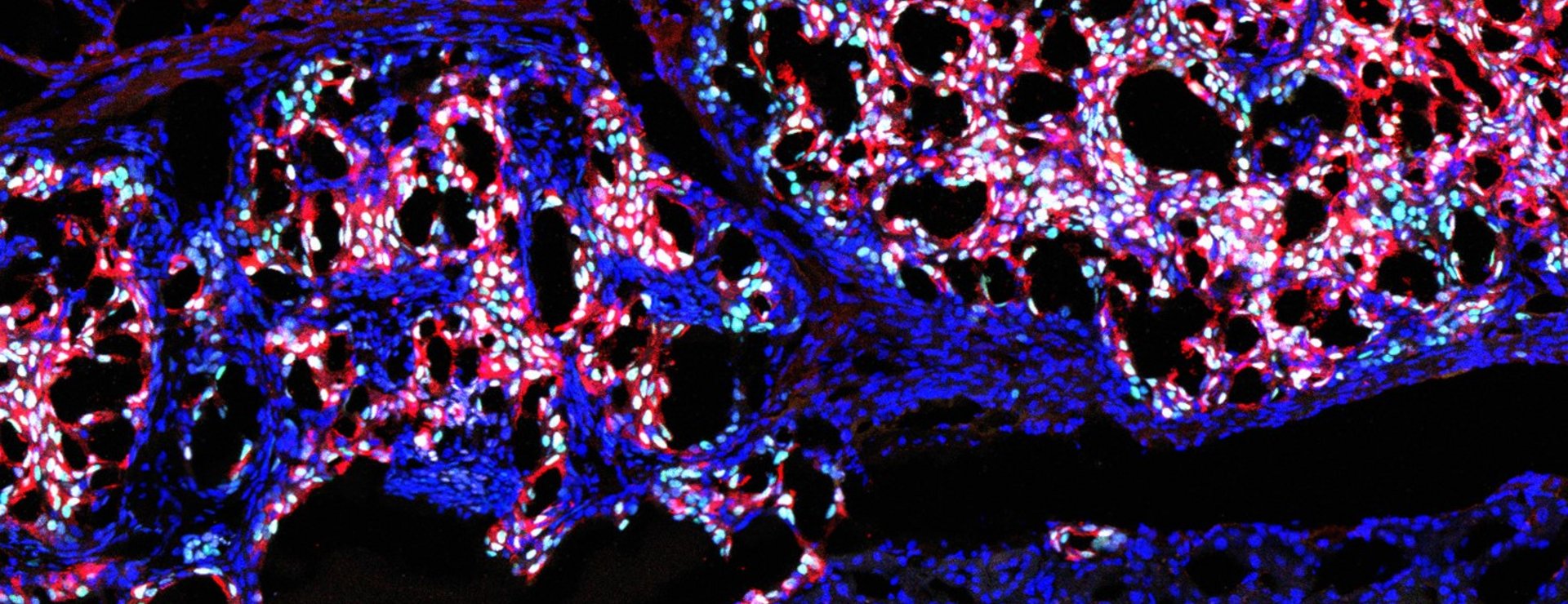
EU-Project ISLET: Helmholtz Munich takes over coordination
The EU-funded ISLET project brings together leading experts in the field of stem cell research to discover a new advanced cell therapy in type 1 diabetes. The aim is to free patients from the daily use of an insulin pump by replacing the damaged cells in the pancreas. The 5-year project led by Henrik Semb, director at the Institute of Translational Stem Cell Research (ITS) at Helmholtz Munich, started in March 2020 and now in 2023 the coordination of the € 7.9 million project was officially transferred to Helmholtz Munich.
In type 1 diabetes, immune cells attack and destroy insulin-secreting pancreatic beta cells. As a result, the pancreas stops producing insulin, the hormone controlling blood sugar levels. Up to today, patients living with the disease rely on insulin pumps to regulate their blood glucose levels. However, using this form of treatment makes it difficult to manage glucose levels appropriately, leaving patients at a higher risk of long-term health consequences. Experts within the ISLET consortium have taken up this issue and are developing a cell-therapy product consisting of insulin-producing beta cells, developed from stem cells in the laboratory. Their aim is that these cells will replace the damaged beta-cells in patients and will reproduce the function of healthy beta-cells. The overall goal of the project is to have the cell therapy product in clinical trials by 2025.
This ambitious goal is unique and ISLET the only EU-supported cell therapy project for type 1 diabetes. Thus far there is no advanced therapy using either gene therapy, cell therapy or tissue engineering available for type 1 diabetes, which further emphasizes the importance of ISLET. The inter-disciplinary consortium consists of 11 experts from 6 different institutions all over Europe with expertise in a variety of fields such as molecular biology, bioinformatics, cell-therapy manufacturing, and clinical diabetology. In addition, the project combines experience along the entire value chain, from basic science to preclinical testing. With this concentrated competence, the project aims to soon lead to the commercialization of a game-changing therapy for people living with type 1 diabetes.
Helmholtz Munich New Study Coordinator
Henrik Semb previously led the EU-project HUMEN which laid the foundation for ISLET by discovering how stem cells can be directed to form functioning beta cells in the lab. The scientist strives to understand how pancreatic progenitor cells develop into alpha and beta cells and how the resulting knowledge can be used to generate a functioning cell therapy for type 1 diabetes. Semb, who is director at the Institute of Translational Stem Cell Research (ITS) at Helmholtz Munich since 2018, has been coordinating the project ISLET since March 2020. The project has now officially been transferred to Helmholtz Munich. A great honor and responsibility for this multi-million project.
About the scientist
Prof. Dr. Tor Henrik Semb, Director of the Institute of Translational Stem Cell Research (ITS) at the Helmholtz Diabetes Center of Helmholtz Munich.
Contact: henrik.semb@helmholtz-munich.de
Acknowledgements
This project has received funding from the European Union’s Horizon 2020 research and innovation programme under grant agreement No 874839 ISLET.





